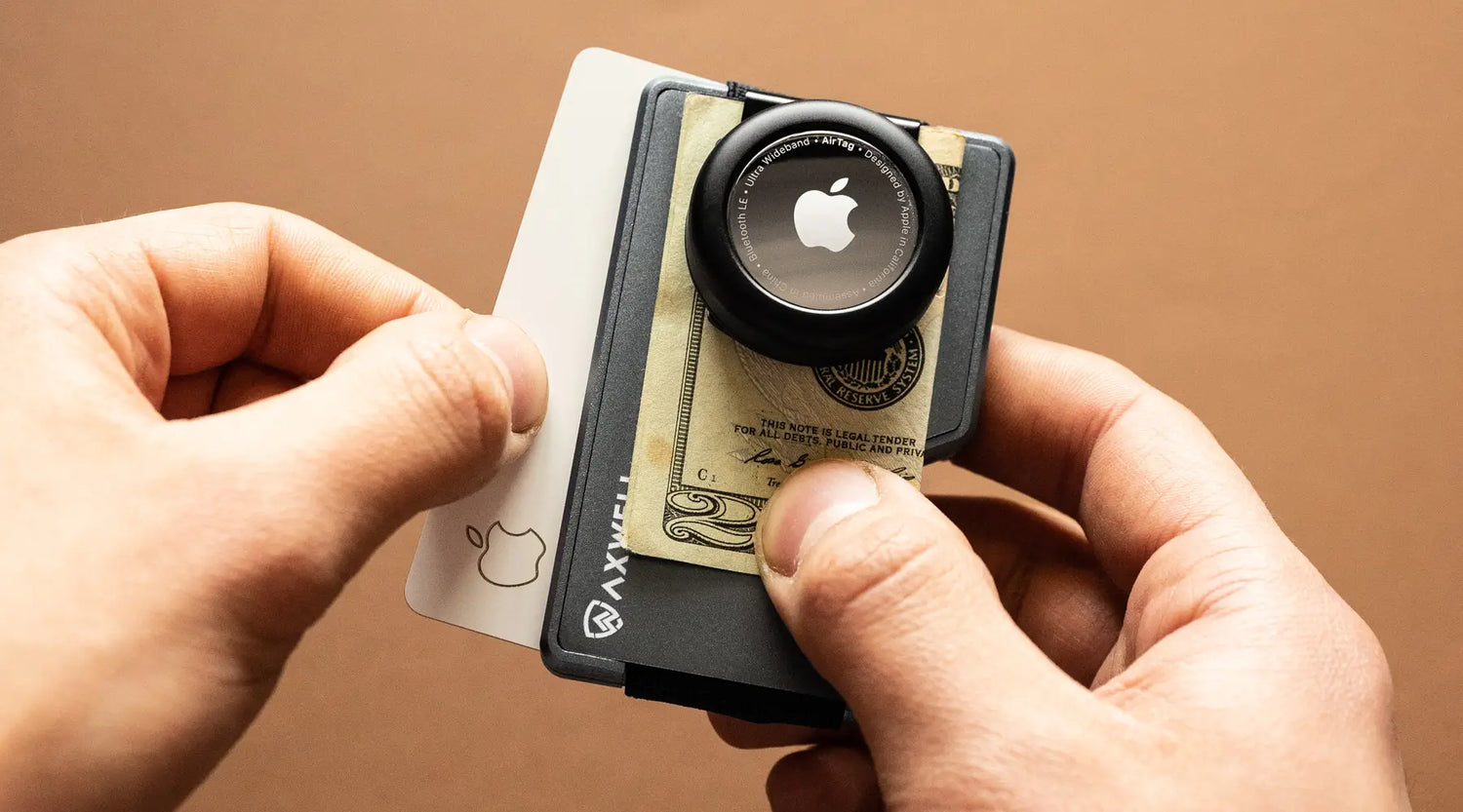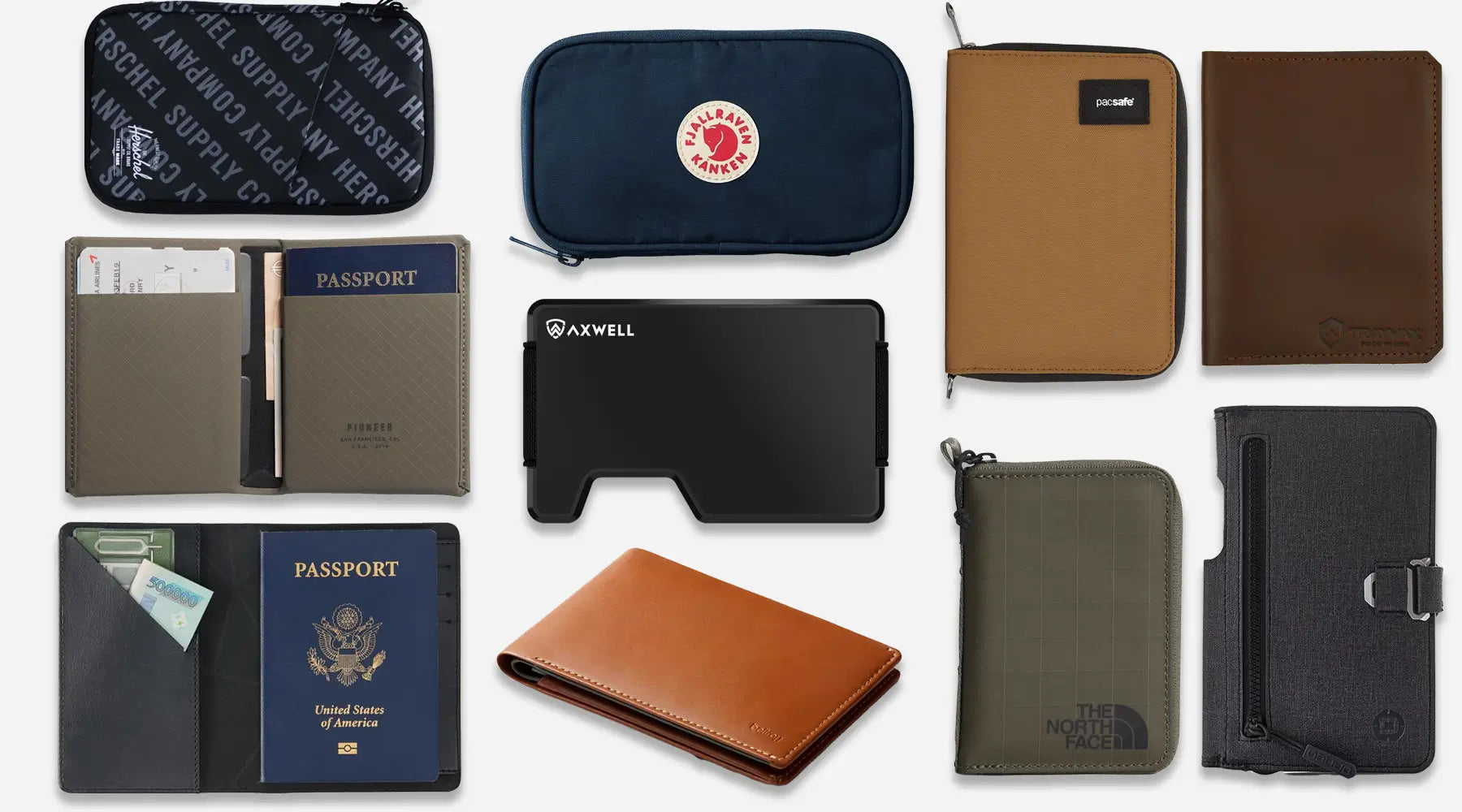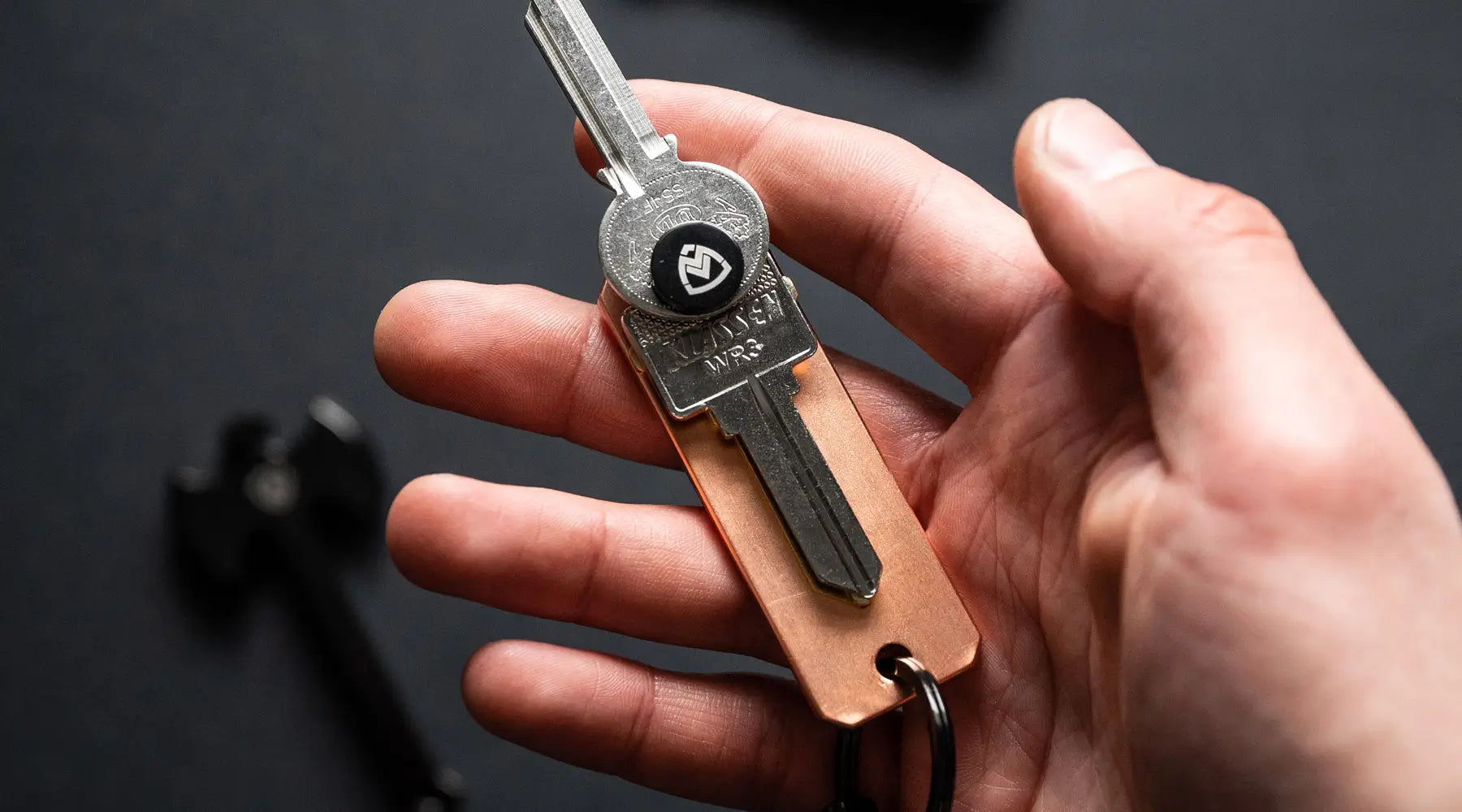What’s In Your Wallet? A Guide to Streamline and Secure Your Essentials
When was the last time you took a close look at what’s in your wallet? You might be surprised by the clutter that’s accumulated over time. Wallets are more than just accessories; they are the guardians of our financial lives. In this article, we’ll explore why it’s important to know what’s in your wallet, how to optimize its contents, and how to keep your wallet streamlined and secure.
Why You Should Care About What’s In Your Wallet?
Your wallet reflects your lifestyle, financial habits, and even your level of organization. By knowing what’s in your wallet, you can gain better control over your finances, personal information, and day-to-day transactions. Streamlining your wallet’s contents helps you stay organized, avoid unnecessary clutter, and improve your overall preparedness for any situation.

Step-by-Step Guide to Organizing Your Wallet
1. Remove Unnecessary Items
The first step in optimizing your wallet is decluttering. Remove non-essential items like expired receipts, old loyalty cards, or irrelevant business cards. This will free up space and make it easier to find what you actually need.
2. Group and Sort Essential Cards
After decluttering, categorize your essential cards: identification, credit/debit cards, and any key loyalty or membership cards. Group them together for easier access, keeping the most used cards in the most accessible slots.
3. Switch to a Slim Wallet
If your wallet feels bulky, consider switching to a slim wallet. These minimalist designs hold only the essentials, reducing bulk while still keeping your valuables safe.
4. Use Wallet Pockets Wisely
If your wallet has multiple pockets, allocate them for specific purposes. For example, keep cash in one pocket and cards in another. Organizing your wallet like this helps you find what you need quickly without digging through clutter.
Essential Items You Should Always Carry in Your Wallet
1. Identification Cards
Always carry a valid ID, like your driver’s license or a state-issued identification card. It’s essential for everything from age verification to emergency identification.
2. Credit and Debit Cards
Carry only your most frequently used credit or debit cards. Avoid carrying more than two cards to minimize loss or theft impact.
3. Cash
While digital payments are widespread, it’s always a good idea to keep a small amount of cash on hand for emergencies or places that don’t accept cards.
4. Loyalty Cards
If you frequent certain stores, having their loyalty cards in your wallet can lead to discounts and rewards. Consider using mobile apps to store digital versions of loyalty cards to further reduce wallet bulk.
5. Emergency Contacts
Include a small card with emergency contact details, in case you lose your wallet or need immediate assistance. It’s a simple but often overlooked item.
Maintaining Security and Protecting Personal Information
Protecting Your Wallet from Identity Theft
To safeguard personal information, avoid carrying sensitive documents like your social security card or passwords. Additionally, consider investing in a RFID-blocking wallet to protect against electronic pickpocketing and data theft.
Preparing for Wallet Loss or Theft
Prepare for the worst-case scenario by photocopying or digitally storing essential cards and documents in a secure location. If your wallet is lost or stolen, you’ll have the necessary information to quickly report and replace them.
Budgeting and Tracking Expenses Through Your Wallet
Using Mobile Apps
Using a mobile app to track your expenses is one of the best ways to manage your finances. Many apps categorize spending, send you budget alerts, and provide insight into your financial habits.
Organizing Receipts
Instead of stuffing your wallet with receipts, use an app to store them digitally. This helps you stay organized, maintain a clean wallet, and easily track your spending.
Setting Spending Limits
Set spending limits on your cards to help manage your budget. Whether you use cash or cards, creating limits for categories like groceries, dining, and entertainment can keep your spending under control.
Making Your Wallet a Reflection of Your Lifestyle
Going Digital with E-Wallets
Consider lightening your wallet by going digital. With e-wallets like Apple Pay or Google Wallet, you can store your credit card information on your phone and make contactless payments with a tap. This minimizes the need to carry physical cards, improving convenience and security.
Minimalism in Wallet Contents
Adopting a minimalist approach means only carrying what you truly need—identification, a primary credit card, and some cash. By reducing unnecessary clutter, you make your wallet easier to manage and safer in case of loss.
Customizing Your Wallet
Customization adds a personal touch to an otherwise functional item. Whether it’s adding your initials or choosing a unique design or color, personalizing your wallet makes it not only practical but also a reflection of your personality.
Explore custom wallet options to make a statement with your everyday carry.
Will E-Wallets Replace Traditional Wallets?
While e-wallets have grown in popularity, traditional wallets still hold value for many, especially in regions where cash transactions are common. E-wallets offer unparalleled convenience, but security concerns and the personal attachment people have to physical wallets suggest that both will coexist for the foreseeable future.
Wallet Maintenance: Keeping It in Good Condition
Cleaning Your Wallet
Regularly clean your wallet to maintain its appearance and extend its lifespan. Leather wallets benefit from conditioning, while metal or carbon fiber wallets can be wiped down with a damp cloth.
Replacing Worn-Out Wallets
Over time, wallets can become worn out. If your wallet shows signs of wear or has stretched out, it might be time for an upgrade. Explore the best-selling wallets at Axwell to find a durable replacement.
FAQs
1. Why should I review the contents of my wallet regularly?
Regularly reviewing your wallet helps you stay organized, reduce clutter, and ensure that you’re carrying only the essentials.
2. What are the must-have items in my wallet?
Identification, a credit or debit card, and some cash are essential. Depending on your needs, you may also include a health insurance card or emergency contact information.
3. Should I carry all my credit and debit cards?
No, it’s best to carry only the cards you use frequently. This minimizes the risk in case your wallet is lost or stolen.
4. Is it safe to carry my social security card in my wallet?
No, you should avoid carrying your social security card to prevent identity theft.
5. How can I organize my wallet effectively?
Start by decluttering, grouping similar items together, and using the pockets in your wallet strategically.
6. Should I carry cash in the digital age?
Yes, it’s still smart to carry a small amount of cash for emergencies or places that don’t accept digital payments.
Final Thoughts
Your wallet is more than just a place to store cards and cash; it’s a reflection of your lifestyle and financial habits. Regularly reviewing and organizing your wallet can improve your daily routine, simplify your life, and even protect you from potential security risks. Take a moment today to review what’s in your wallet—what does it say about you?
Related Blog Posts
- What is RFID Blocking?
- Best RFID Wallets for Men
- Ridge Wallet vs Axwell Wallet
- History of Wallets
- Best Wallets with Trackers









